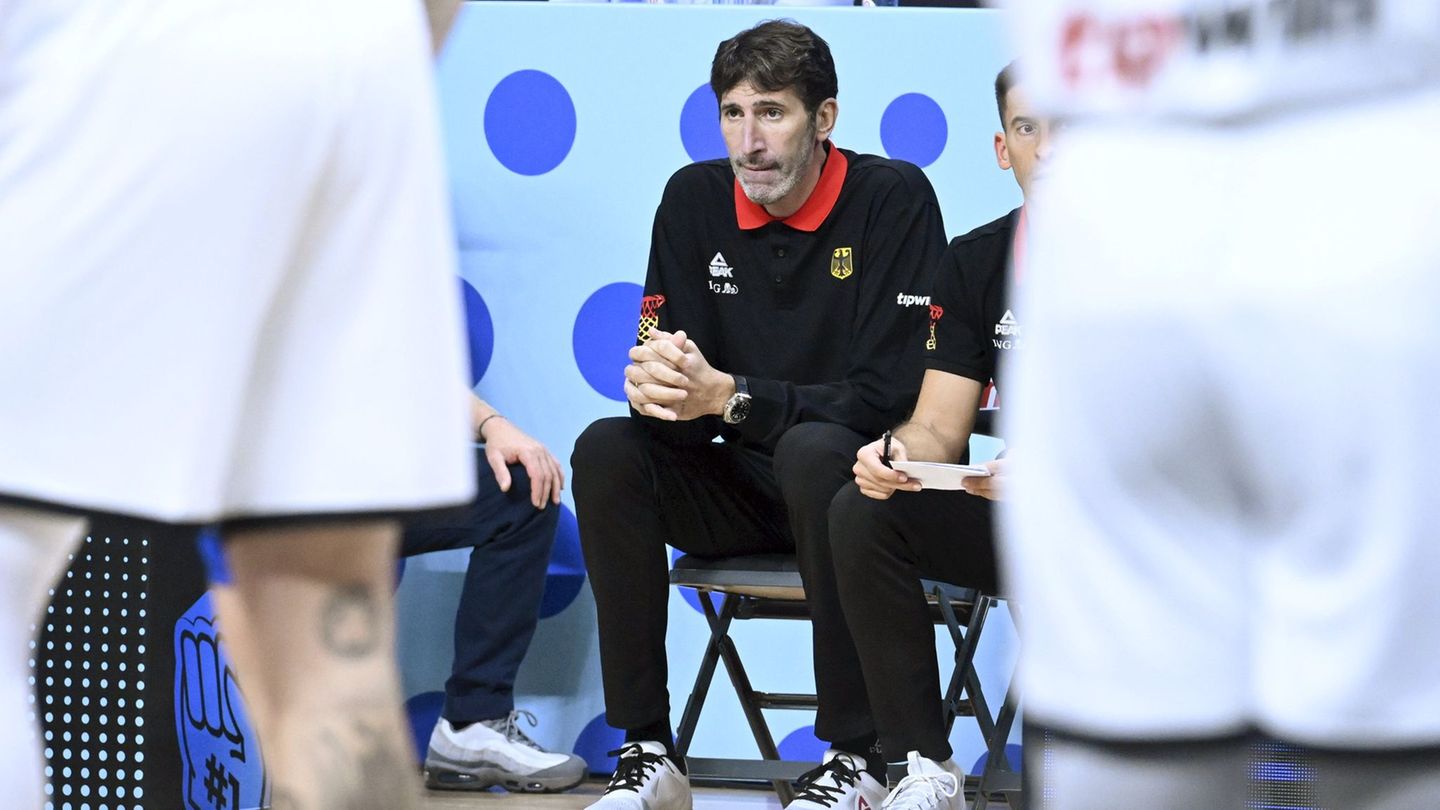The new apartments in the Botanical Garden in Linz are still empty. Only one bee has already accidentally taken up residence in the new “house”. It will probably have to move out again soon, because the three beehives and the bee cradle will soon be inhabited by five bee colonies. The “foster parents” are four apprentices from the city of Linz.
A total of 200 young people are being trained in a variety of professions in the Linz municipal administration – at the same time, seven apprentices have started the Climate Alliance training to become “climate checkers”. Four of them – Tobias Fischer, Leyla Ancuma, Lara Klausriegler and Fabian Bichler – have decided to use this training to combat the decline in bee populations. To this end, they have been studying the insects intensively since May and have now built beehives and a cradle as a provisional final project. The next step will be beekeeping training.
However, the four “climate checkers” are not interested in producing honey in the project, the “fruits” of which can be seen in the Botanical Garden, but primarily in promoting biodiversity through natural beekeeping. And if the three hives later produce a jar or two of honey, all the better…
There was a lot to consider when building the “beehives,” says workshop manager Christian Kolberger. “But the apprentices really got stuck in – the climate issue is also a big issue when it comes to snacks.”
Light and untreated wood
Tobias Fischer, who is doing a carpentry apprenticeship under Kolberger – he has already completed an apprenticeship as a chef – now knows exactly what is important during construction: “The wood must be untreated, light – so a local spruce – and the lid must not be too far away from the frames in which the beeswax panels are located. But also not too far away,” says the 24-year-old, who was in charge of the construction together with another apprentice, Erik Wiesner, who was not involved in the project.
Deputy Mayor Tina Blöchl (SP), whose agenda as human resources officer includes the training of apprentices, is also pleased about the commitment of the apprentices – in addition to the carpentry workshop, they also work in the registry office, in the laboratory and in the cultural department: “Unlocking the creative and productive potential in the young people is very important to us. It is also meaningful and they have wonderful success in the workplace.”
It is still unclear when the bees will “move in”, but there will be a discussion with Werner Münzker, an experienced beekeeper from the city council.
JKU apprentices active as sprayers
“}”>
Image: Linz City Council
Source: Nachrichten




